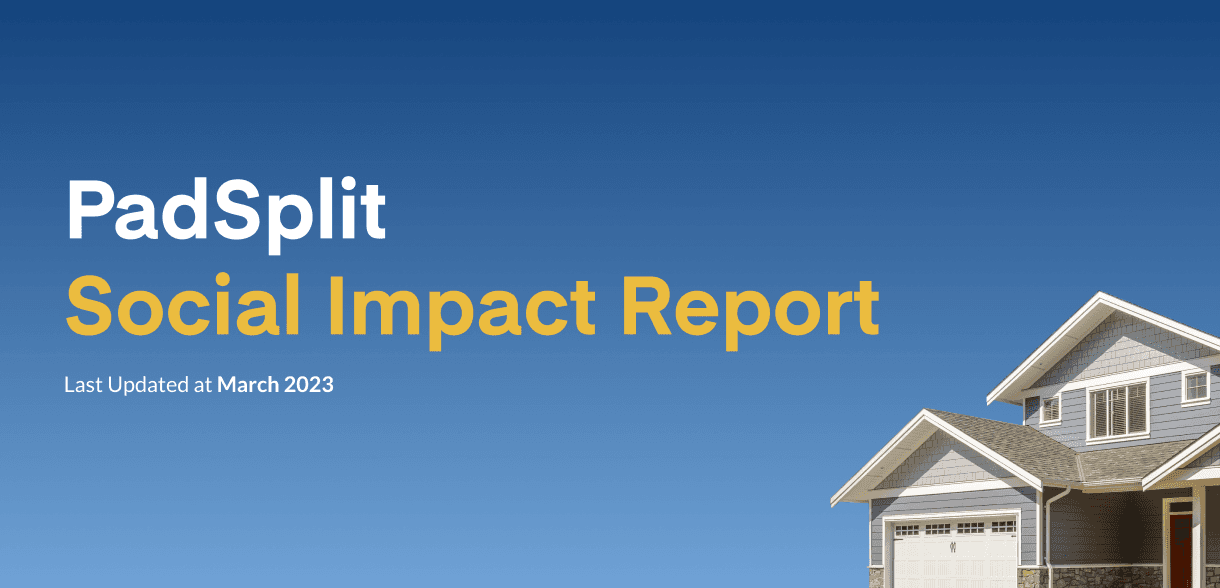Are you worried about money? You’re not alone. According to a recent survey, over half of Americans are experiencing some financial anxiety because of COVID-19. Money stress can greatly impact your overall wellbeing. Studies show it’s linked to headaches, sleep problems, and depression. If left unchecked, it can start a vicious spiral that’s hard to get out of. Fortunately, there are some things you can do to ease your financial anxiety even when the future is still uncertain. Here are 3 steps to help reduce your money stress.
How to Worry Less About Money
1. Create a financial plan.
When you’re worried about money, creating a financial plan is a great tool to help reduce your anxiety. It helps you focus on the long-term, big picture and create a roadmap for reaching your financial goals. Here’s how to get started with your financial plan:
- Write down your financial goals. These could be anything from saving a few thousand dollars for an emergency fund to buying a house. This is your north star – what you’re working towards.
- Make a list of your debts. Be sure to include credit cards, auto payments, and student loans.
- Write down your sources of income. Be sure to include any money you receive regularly like paychecks or assistance.
- Determine your net worth. This is how much money you have right now. Subtract your debts from any savings or checking account.
- Develop a monthly budget. A monthly budget is a tool that tracks your income and spending so you can reach your financial goals more quickly. It shows how much money you bring in, how much money goes out, and how much money is left to start putting towards your goals.
After you’ve created your financial plan, review it anytime you start to worry about money. Remind yourself of what you’re working toward and that you will eventually reach your financial goals.
2. Stick to your budget.
A financial plan is only as good as your ability to stick to your monthly budget. Here are some tips to help you:
- Review your spending once a week. Dedicate 20 to 30 minutes each week to review your spending habits. This gives you time to make changes and adjustments before they become issues.
- Treat your savings account like a bill. Every dollar you save adds up. So, don’t forget to pay your savings account. Treat saving money like paying a bill and it’ll become second nature to you.
Give yourself an allowance. Just like a diet, if your budget is restrictive, you won’t stick to it. Give yourself some money to spend on “fun” things like a meal out or time with friends.
Managing your monthly budget gets easier with time and practice. Be patient with yourself. It’s super important if you want to reduce your money stress and realize your financial goals in no time.
3. Be aware of your money mindset.
A financial plan and budget are great tools to help reduce your financial anxiety. But, they’re not enough. You also must be aware of your money mindset. Your money mindset is the overall attitude you have towards money and your financial goals. A positive mindset gets results. Reward yourself when you reach milestones on your financial plan.
The next time you’re worried about money, don’t dwell. Remind yourself of all the things you’re doing to turn your financial situation around. Reaching financial goals is a long-term game. It doesn’t happen overnight. You will get to where you’re going as long as you keep working towards it.
One way to reduce money stress is to reduce some of your larger expenses, like housing costs. When you become a PadSplit Member, you can save hundreds of dollars on rent each month. Become a Member today.


